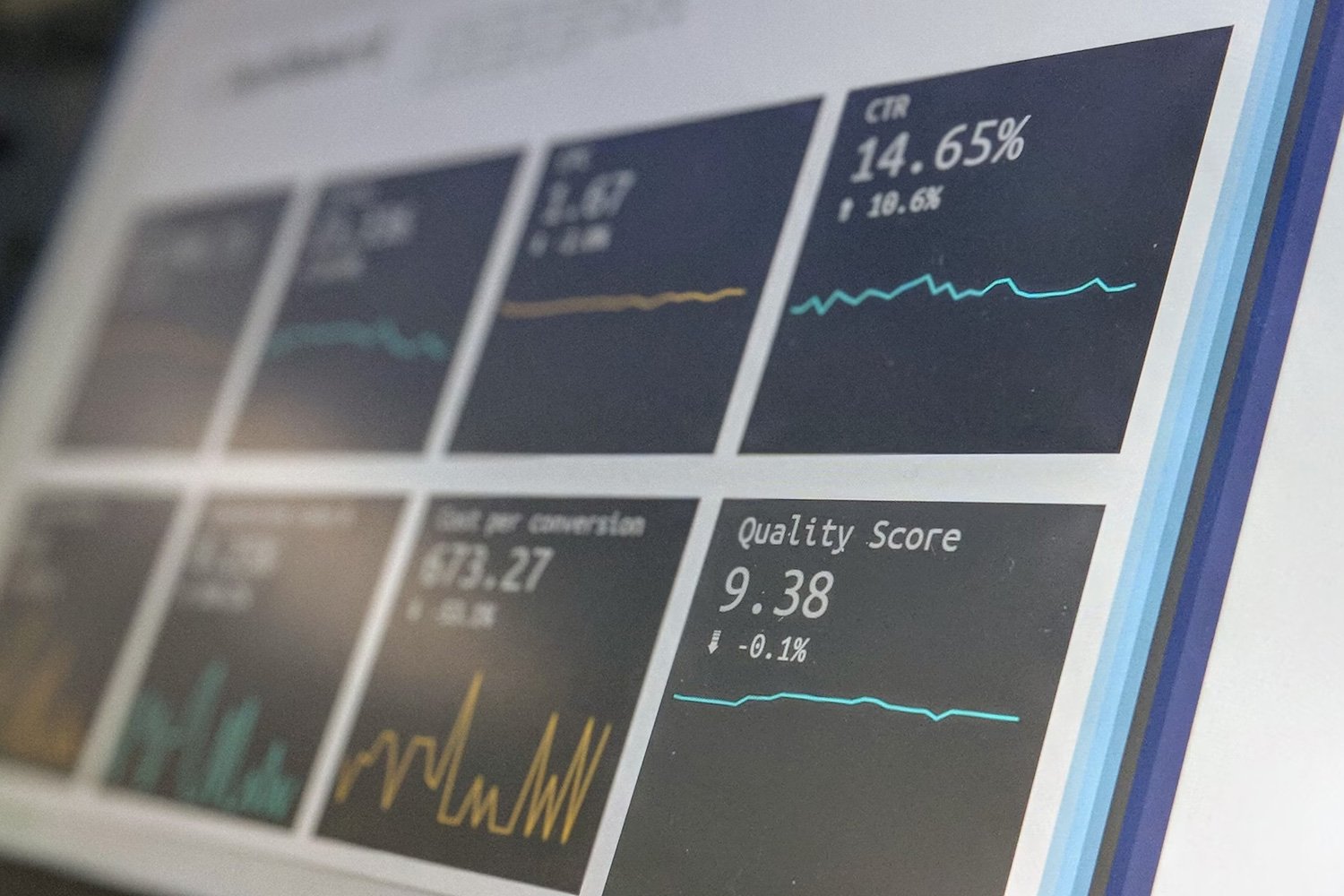In the competitive digital landscape, the performance of your website is a make-or-break factor for user satisfaction. Slow load times and lagging responsiveness can drive visitors away. In this post, we’ll explore practical tips to enhance your website’s performance, ensuring a seamless and enjoyable user experience.
Why Does Website Performance Matter?
Website performance directly influences user experience. Faster load times contribute to lower bounce rates, higher engagement, and improved search engine rankings. Users expect quick access to information, and a well-optimized website delivers just that.
Optimize Images for Speed
Large images can be a major culprit for slow load times. Compress and resize images without compromising quality. Consider using next-gen image formats like WebP to improve loading efficiency.
Leverage Browser Caching
Utilize browser caching to store static resources locally on a user’s device. This reduces the need to reload these resources upon revisiting the site, resulting in quicker load times for returning visitors.
Harness the Power of Content Delivery Networks (CDNs)
CDNs distribute your website content across multiple servers globally. By serving content from servers closer to users, CDNs significantly reduce latency and enhance the overall speed of your website.
Minimize HTTP Requests
Each element on a webpage requires a separate HTTP request. Minimize the number of requests by combining files, reducing unnecessary elements, and optimizing the loading sequence for critical resources.
Prioritize Critical Rendering Path
Identify and prioritize the loading of critical resources for the initial rendering of your webpage. Streamlining this process ensures that users quickly see and interact with the most important content.
Enable Compression for Efficient Transfers
Enable server-side compression, using methods like Gzip or Brotli, to reduce the size of files transferred between the server and the user’s browser. This enhances efficiency and speeds up load times.
Optimize Code and Remove Unnecessary Elements
Clean and optimized code is crucial for faster load times. Remove unnecessary code, comments, and formatting. Minify scripts to reduce their file size and enhance overall website performance.
Monitor and Test Regularly
Regularly monitor your website’s performance using tools like Google PageSpeed Insights or GTmetrix. Conduct performance tests to identify areas of improvement and ensure that your optimizations are delivering the desired results.
Elevate Your Website Performance with Webyant
At Webyant, we understand the pivotal role that website performance plays in user satisfaction. Our expert team specializes in optimizing websites for speed, responsiveness, and an exceptional user experience. Contact us today to discuss your website performance goals and let Webyant elevate your digital presence to new heights.



